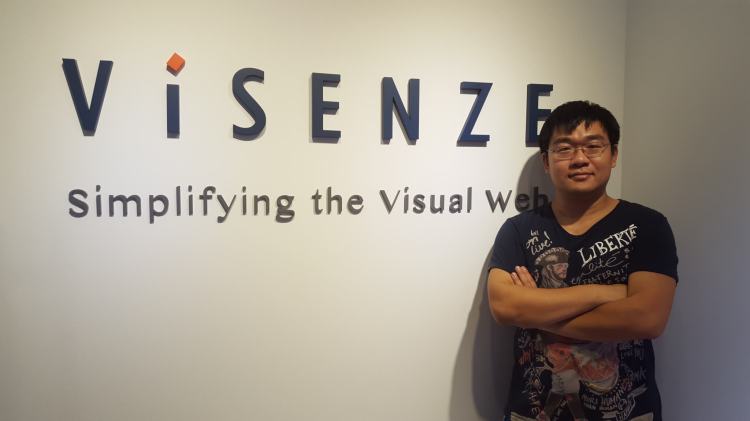If artificial intelligence (AI) hadn’t hit the mainstream before, it did this year. Google chief executive Sundar Pichai came through with the best sound bite, saying that the world is going from being “mobile-first” to “AI-first.”
Apple squished AI into the iPhone, and Google stuck it in the Pixel. Facebook brought it to the News Feed, and Microsoft put it in Word. Samsung bought AI startup Viv to catch up with Apple’s Siri virtual assistant. And messaging apps like Skype and Messenger now feature chatbots.
Much of the AI attention has been focused on deep learning, which entails training artificial neural networks on lots of data and then getting them to make inferences about new data. And in the past five years, more and more deep learning startups have cropped up.
This year, chipmaker Intel bought Nervana, which was making hardware and software for deep learning, and enterprise software company Salesforce bought MetaMind, which made deep learning software that could quickly process lots of images and text. Both Nervana and MetaMind appeared on my list of five deep learning startups to follow in 2015. Meanwhile, the startups on my 2016 list are all chugging along.
Now I have a new batch of companies to watch for in the year ahead:
Bay Labs
Bay Labs is among the startups applying deep learning to medical imaging. Its engineering-heavy team includes Johan Mathe, who previously worked on Google’s Project Loon. Yann LeCun, director of Facebook’s artificial intelligence research group, has invested in the startup, along with Khosla Ventures.
Cerebras Systems
Cerebras is a secretive startup headed up by Andrew Feldman, who sold microserver company SeaMicro to AMD for $334 million. Feldman’s new startup is building AI hardware, and esteemed venture capital firm Benchmark led a funding round totaling more than $20 million, according to a source familiar with the matter. (Feldman wouldn’t comment for this article.)
Deep Vision
Based in Palo Alto, Deep Vision is building low-power chips for deep learning. While at Stanford, two of the startup’s cofounders, Rehan Hameed and Wajahat Qadeer, cowrote an interesting paper laying out a “Convolution Engine chip multiprocessor.”
Graphcore
Graphcore has developed an intelligent processing unit (IPU) PCIe accelerator that neural networks can use for training and making inferences. The startup has also built software for working with its infrastructure using the existing MXNet and TensorFlow deep learning frameworks. Investors include Bosch Venture Capital, Foundation Capital, and Samsung Catalyst Fund.
ViSenze
Founded in 2012, ViSenze performed better than several groups in certain parts of the 2016 ImageNet image recognition competition. Funded by Rakuten Ventures, ViSenze is a spinoff of NExT, a research center established by National University of Singapore and Tsinghua University of China. Its software can perform object recognition and tagging for images and videos and provide visually similar content.
VentureBeat's mission is to be a digital town square for technical decision-makers to gain knowledge about transformative enterprise technology and transact. Learn More

